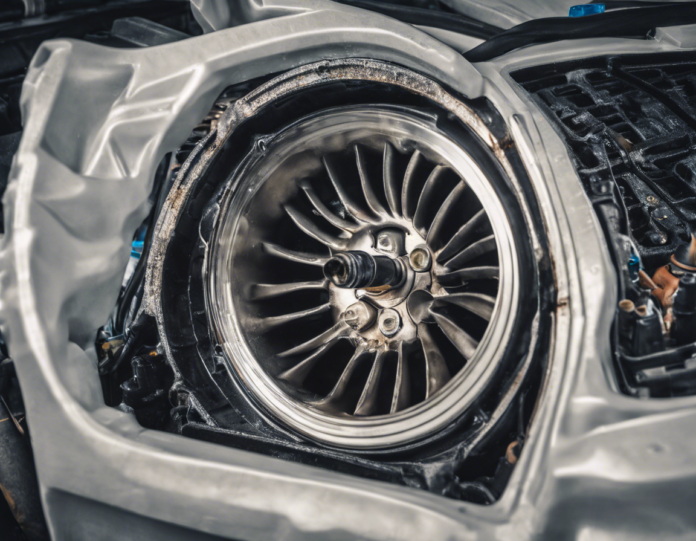Coolant leaks are a common issue faced by car owners, and if left unattended, they can lead to serious engine damage and even a breakdown. It’s crucial to address a coolant leak as soon as possible. In this comprehensive guide, we will discuss the causes of coolant leaks, tips for diagnosing them, and steps to fix the issue.
Understanding Coolant Leaks
Coolant, also known as antifreeze, is a vital fluid that circulates through your car’s engine to maintain optimal operating temperature. A coolant leak can occur for various reasons, including:
Causes of Coolant Leaks
-
Damaged Hoses: Over time, the hoses that carry coolant from the radiator to the engine can develop cracks or leaks.
-
Radiator Issues: Corrosion or physical damage to the radiator can cause coolant leaks.
-
Water Pump Failure: A faulty water pump can result in coolant leaking from the engine.
-
Head Gasket Leak: This is a more serious issue where coolant can mix with the engine oil.
Diagnosing a Coolant Leak
If you suspect a coolant leak, it’s essential to identify the source quickly. Here are some steps for diagnosing the issue:
Signs of a Coolant Leak
-
Sweet Smell: A sweet smell coming from the engine bay can indicate a coolant leak.
-
Visible Puddles: Look for puddles of fluid under the car, especially when it has been parked for some time.
-
Overheating: If your car is consistently overheating, it may be due to low coolant levels caused by a leak.
Fixing a Coolant Leak
Once you have identified the source of the coolant leak, you can take steps to fix the issue:
DIY Fixes
-
Tighten Hose Clamps: If the leak is coming from a hose, try tightening the hose clamps to see if it stops.
-
Use Sealants: There are coolant sealants available that can sometimes patch up small leaks temporarily.
-
Replace Faulty Parts: If a hose or gasket is damaged, it’s best to replace it to prevent further leaks.
Professional Repairs
-
Radiator Repair/Replacement: In case of radiator damage, it’s best to seek professional help to either repair or replace the radiator.
-
Water Pump Replacement: If the water pump is the source of the leak, it’s crucial to have it replaced by a professional mechanic.
-
Head Gasket Repair: Repairing a head gasket leak is a complex process and should be done by a skilled mechanic.
Preventing Coolant Leaks
Regular maintenance can help prevent coolant leaks. Here are some tips to keep your cooling system in top condition:
-
Check Coolant Levels: Regularly monitor your coolant levels and top up if necessary.
-
Flush the Cooling System: A periodic coolant flush can prevent sediment buildup that can lead to leaks.
-
Inspect Hoses and Connections: Check for cracks or damage to hoses and connections and replace them if needed.
FAQs about Coolant Leaks
- How do I know if my car has a coolant leak?
You may notice a sweet smell, see puddles of fluid under your car, or experience overheating.
- Can I drive with a coolant leak?
It’s best to avoid driving with a coolant leak to prevent engine damage.
- Can I use water instead of coolant in an emergency?
While water can be used temporarily, it’s not recommended as a long-term solution as it doesn’t provide the same protective properties as coolant.
- How much does it cost to fix a coolant leak?
The cost of fixing a coolant leak varies depending on the source of the leak and the parts that need to be repaired or replaced.
- Is a coolant leak an emergency?
If you notice a coolant leak, it’s essential to address it promptly to prevent engine damage and potential breakdowns.
Remember, coolant leaks should never be ignored. If you’re unsure about diagnosing or fixing the issue yourself, it’s always best to consult a professional mechanic to ensure the problem is resolved efficiently and effectively.









